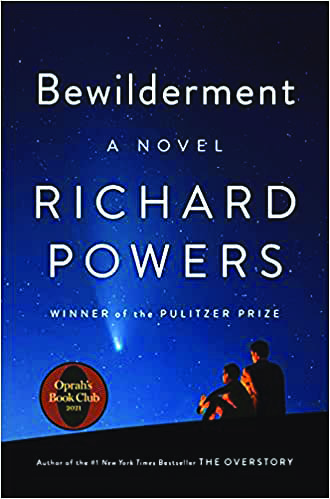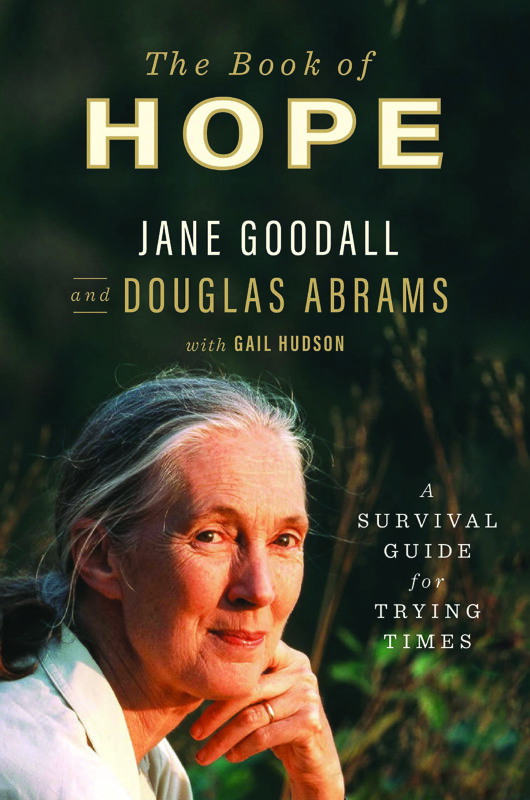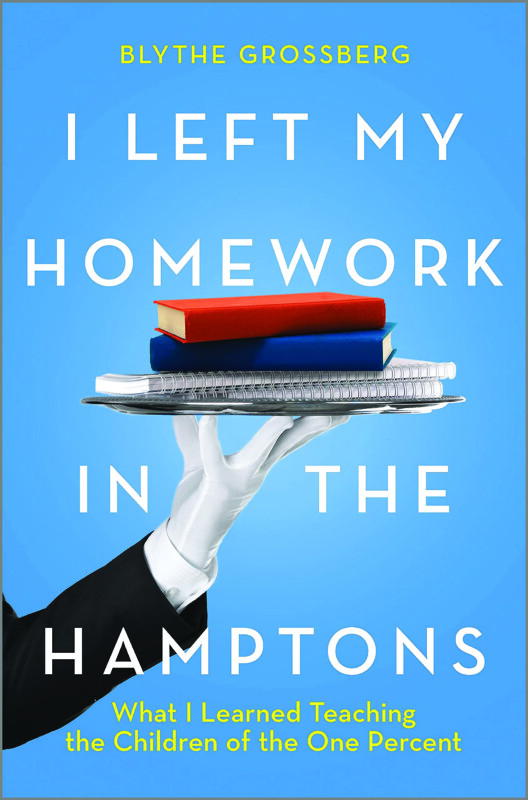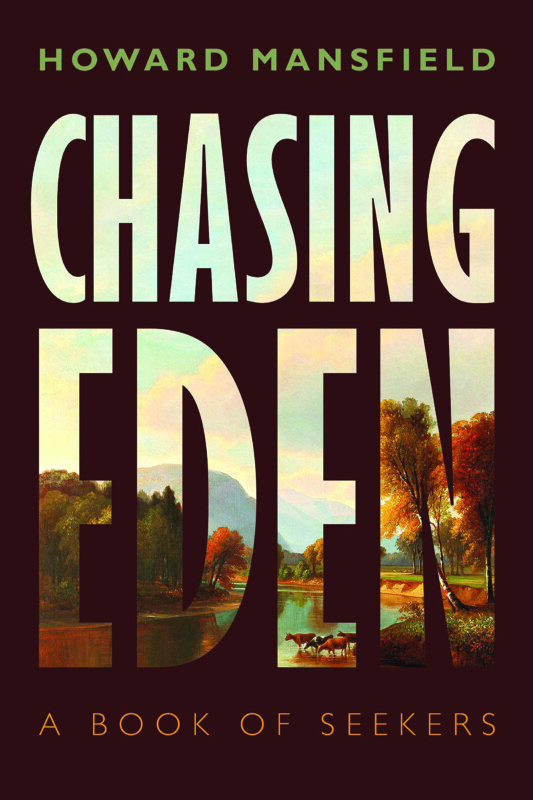Pastoral Song, by James Rebanks (Custom House, 294 pages)
Occasionally a book does so well across the Atlantic that publishers in the U.S. pick it up, hoping that American readers will warm to the author as well despite the peculiarities of some English words. This worked out splendidly for J.K. Rowling.
There are similar hopes for Pastoral Song, which the U.K.’s Sunday Times pronounced “nature book of the year” when it was first published as English Pastoral. Subtitled “A Farmer’s Journey,” the book is a meditation on the plight of small farmers who struggle to keep family farms going even as the despised “factory farm” gobbles a larger share of our food dollars each year.
James Rebanks, the author, is a thinking-man’s farmer, although he makes it clear that no true farmer has time to sit and think. He inherited his land from his father but got his love of farming from his grandfather, who was the bigger influence in his life. Of his father he writes, “I would try to help him and would inevitably do something wrong and be shouted at.”
The grandfather was gentler in his approach, not only to his grandson but to farming.
“He would simply gaze at his cows or sheep for what seemed like ages, leaning over a gate. As a result he knew them all as individuals. He could spot when they behaved differently because something was wrong, when they were coming into season or were about to give birth. He thought only fools rushed around,” Rebanks wrote.
This is all well and good for the practice of farming, but unfortunately for the reader, Rebanks brings his grandfather’s style to this book. In sum, it is Rebanks leaning over a gate, for what seems like ages, musing leisurely about the challenges of farming. It’s watching the grass grow, with very little happening in long stretches, but for the occasional offing of varmints. (And I wish I had not learned how Rebanks’ father rid his fields of rabbits, but it’s too late for that now.)
To be fair, Rebanks memorably conveys the harshness of a lifestyle that has been romanticized. “My parents were half-broke. I could see it in the second-hand tractors, rusting barn roofs, and old machinery that was always breaking down and never got replaced. But I could taste it too, in the endless boiled stew and mince that was served up.”
The family earned a tenuous living that would be foreign to workers with biweekly direct deposit. Their pay varied with the weather, and with rising interest rates and diving market prices, and the occasional murder of crows that could swoop in and destroy a field of barley. And farming requires an extraordinary amount of emotional toughness, what with all the horrible ways in which farm animals can die, even outside of slaughter. (When’s the last time you watched a rat try to drag away a chicken?)
“The logic chain is simple: we have to farm to eat, and we have to kill (or displace life, which amounts to the same thing) to farm. Being human is a rough business,” Rebanks writes. But, he says, there is a difference “between the toughness all farming required and the industrial ‘total war’ on nature that had been unleashed in my lifetime.”
The past 40 years, Rebanks says, has upended thousands of years of farming practices that came before it, and when his father died, leaving him the land, he was faced with the same dilemma confronting his father and grandfather — how to earn enough from the land “to pay our bills, service our debts, and make some money for us to live on” — in circumstances vastly different from theirs.
Then, after all this musing in his motherland, Rebanks up and comes to America to visit friends. And traveling through Iowa and Kentucky, eying the Confederate flags and Trump signs, he figures out who to blame: those grungy Americans!
This may have played well in the U.K., but it was a startling turn of events in an otherwise mournful elegy for the farmer, to have him pick up a bat and start swinging it wildly in the Iowa cornfields. He said Kentucky felt like a “landscape littered with ghosts and relics” and called Iowa “dark, flat and bleak.”
“Everything old was rotting. Barns leaned away from the wind, roofs half torn off.” The cause of this dystopian Midwest: “America had chosen industrial farming and abandoned its small family farms,” as if there was a lever we pulled in our last election. In fact, we vote for factory farms every time we visit a supermarket, he says. “The people in those shops seemed not to know, or care much, about how unsustainable their food production is. The share of the average American citizen’s income spent on food has declined from about 22% in 1950 to about 6.4% today … The money that people think they are spending on food from farms almost all goes to those who process the food, and to the wholesalers and retailers.”
Fair enough. But read the room. An English farmer coming over here to lecture Americans about their grocery shopping, diss our fruited plains? It feels a little rude.
And Rebanks concedes that “the overwhelming majority” of farms are not factory farms. “About 80 percent of people on earth are still fed by these small farmers,” he writes. That said, the work of a small farm is a “tough old game and doesn’t fit with any economic principle of minimizing work and maximizing productivity.” So what to do? Besides supporting your local farmers, “thinking longer term and with more humility,” Rebanks suggests planting trees. He plans to plant a tree every day for the rest of his life.
It’s clear to see why English Pastoral was a hit in the U.K., with its call for more sustainably produced food there “in order to avoid importing more from sterile, ruined landscapes like those of the American Midwest, or from land being cleared of pristine ecosystems in places like Indonesia and the Amazon.”
It’s less clear why this occasionally plodding, occasionally melodic memoir would do well here. As our grandmothers would say, don’t bite the hands that feed you. C
Book Events
Author events
• HILARY CROWLEY Author presents The Power of Energy Medicine. Virtual event hosted by Gibson’s Bookstore in Concord. Thurs., Nov. 18, 7 p.m. Via Zoom. Registration required. Visit gibsonsbookstore.com or call 224-0562.
• WENDY GORTON Author presents 50 Hikes with Kids: New England. Virtual event hosted by Toadstool Bookshops of Peterborough, Nashua and Keene. Sun., Nov. 21, 4 p.m. Via Zoom. Visit toadbooks.com.
• TANJA HESTER Author presents Wallet Activism: How to Use Every Dollar You Spend, Earn, and Save as a Force for Change. Virtual event hosted by Gibson’s Bookstore in Concord. Mon., Nov. 22, 7 p.m. Via Zoom. Registration required. Visit gibsonsbookstore.com or call 224-0562.
• BRENE BROWN Author presents Atlas of the Heart. Virtual event hosted by Gibson’s Bookstore in Concord. Thurs., Dec. 2, 8 p.m. Via Zoom. Tickets cost $30. Ticket sales end Dec. 2, at noon. Visit gibsonsbookstore.com or call 224-0562.
• JACK DALTON Kid conservationist presents his book, Kawan the Orangutan: Lost in the Rainforest. Toadstool Bookshop, 375 Amherst St., Nashua. Sat., Dec. 4, noon. Visit toadbooks.com.
• DAMIEN KANE RIDGEN Author presents Bell’s Codex and My Magnum Opus. Toadstool Bookshop, 375 Amherst St., Nashua. Sun., Dec. 5, noon. Visit toadbooks.com.
• JEN SINCERO Author presents Badass Habits. Virtual event hosted by The Music Hall in Portsmouth as part of its “Innovation and Leadership” series. Tues., Dec. 7, 7:30 p.m. Includes author presentation, coaching session and audience Q&A. Tickets cost $22. Visit themusichall.org or call 436-2400.
• KATHRYN HULICKAuthor presents Welcome to the Future. Sat., Dec. 11, 2 p.m. Toadstool Bookshop, 12 Depot Square, Peterborough. Visit toadbooks.com.
Poetry
• DOWN CELLAR POETRY SALON Poetry event series presented by the Poetry Society of New Hampshire. Monthly. First Sunday. Visit poetrysocietynh.wordpress.com.
Book Clubs
• BOOKERY Online. Monthly. Third Thursday, 6 p.m. Bookstore based in Manchester. Visit bookerymht.com/online-book-club or call 836-6600.
• GIBSON’S BOOKSTORE Online, via Zoom. Monthly. First Monday, 5:30 p.m. Bookstore based in Concord. Visit gibsonsbookstore.com/gibsons-book-club-2020-2021 or call 224-0562.
• TO SHARE BREWING CO. 720 Union St., Manchester. Monthly. Second Thursday, 6 p.m. RSVP required. Visit tosharebrewing.com or call 836-6947.
• GOFFSTOWN PUBLIC LIBRARY 2 High St., Goffstown. Monthly. Third Wednesday, 1:30 p.m. Call 497-2102, email [email protected] or visit goffstownlibrary.com
• BELKNAP MILL Online. Monthly. Last Wednesday, 6 p.m. Based in Laconia. Email [email protected].
• NASHUA PUBLIC LIBRARY Online. Monthly. Second Friday, 3 p.m. Call 589-4611, email [email protected] or visit nashualibrary.org.
Language
• FRENCH LANGUAGE AND LITERATURE CLASSES Offered remotely by the Franco-American Centre. Six-week session with classes held Thursdays from 6:30 to 8:30 p.m. $225. Visit facnh.com/education or call 623-1093.






